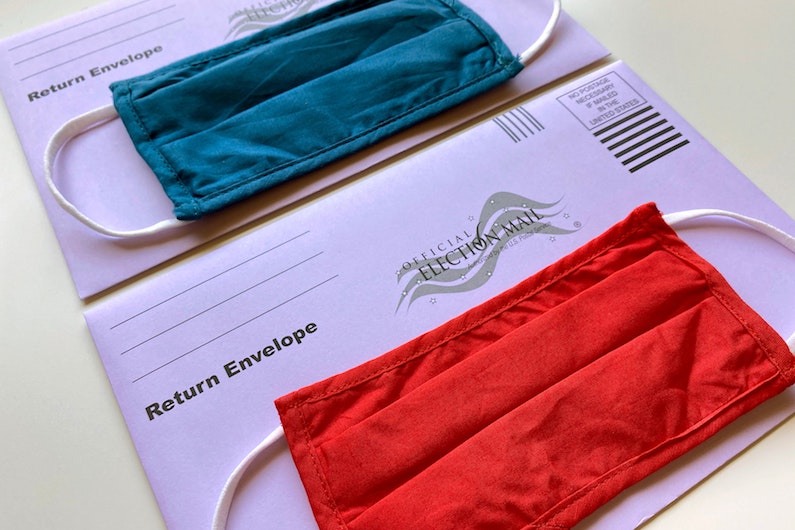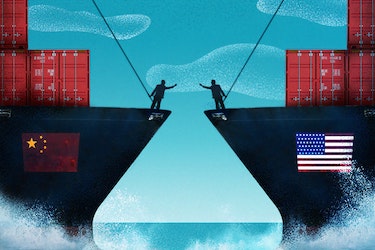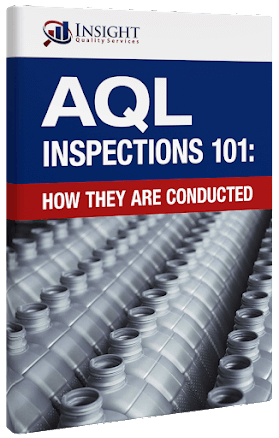How Much Will the US Election Really Impact Importers?



Table of Contents
Election Day in the US is less than two months away and the world is anxiously awaiting the result.
Will Donald Trump stay in the White House for four more years or will Joe Biden take his desk at the Oval Office?
People around the world have an increasingly negative view of both Donald Trump and the US, according to a study by Pew Research Center.
The country’s image is at an all-time low in the UK, France, Germany, and other countries, and data shows that a median of only 16% of people, in thirteen countries, have confidence in Trump to do the right thing in world affairs.
Joe Biden is currently favored to win the election, according to FiveThirtyEight’s Election Forecast, but in a year like this one, there is still time for things to change.
As an importer, you’re probably thinking about how a Biden or Trump presidency might affect you.
Since the trade war with China started in 2018, you may have had to make changes to your supply chain and scramble to find manufacturers outside of China to avoid tariffs.
So, will things go back to normal if Biden becomes president?
US-China Relations are Not Going Back to Normal
Regardless of whether Trump or Biden is sitting in the White House at the end of January, it’s unrealistic to think that things will just snap back to normal.
 The relationship between the US and China has become too strained and it’s not just because of the executive branch. Members of Congress in both parties have an increasingly negative view of China.
The relationship between the US and China has become too strained and it’s not just because of the executive branch. Members of Congress in both parties have an increasingly negative view of China.
American citizens have a negative view as well — 66% of US adults surveyed say they have an unfavorable view of China. That’s up from 47% two years ago. (Pew Research Center)
Biden has criticized Trump’s tariffs as ineffective but hasn’t said that he would remove them. According to The Economist, “Strategy might play a role: a Biden administration may want to dangle tariff reductions in return for concessions abroad.”
It is expected, though, that Biden would be more measured in his approach to dealing with China and that he would try to build consensus among world powers rather than taking an “America First” approach.
The Economist also points out that Biden has “Pledged to restrict imports from China that are deemed to be a national-security threat,” and “Sees a big role for the government in supporting American manufacturing,” similar to Donald Trump.
For importers who are sourcing consumer goods, it’s important to keep in mind that China has become less of a hub for labor-intensive products and is increasingly high-tech.
China Does Not Want to be the Mecca for Labor-Intensive Goods
It’s no secret that China has become less and less competitive in this area.
It’s a trend that’s been in place for many years due to rising labor costs — and it was merely sped up by the trade war and pandemic. Importers have looked to countries like Vietnam, Cambodia, Indonesia, Pakistan, and others to find suppliers for apparel, furniture, building materials, and other products.
The reality is that China is not interested in focusing on these products.
China’s goal is to become a world leader in new materials, new energy vehicles, aerospace equipment, robotics, and other high-end sectors. It wants to produce most of the core components for these products at home, make domestic companies self-sufficient, and compete in global markets.
The country’s focus on R&D and innovation as a part of the Made in China 2025 plan is partly responsible for pushing the Trump administration to start the trade war, according to China Briefing.
With all this in mind, should you change your approach to sourcing, based on the election results?
Do Not Make Plans Based on the Expected Election Results
We do not know what the results of the election will be.
Joe Biden is expected to win, but 2020 has been a tumultuous year and we should realize that anything can happen.
 Regardless of who is in the White House in 2021, we should expect that things will not go back to normal with China. So consider the product category you are in and look at all your options.
Regardless of who is in the White House in 2021, we should expect that things will not go back to normal with China. So consider the product category you are in and look at all your options.
Make a list of what you want from a supplier, weigh the pros and cons of existing suppliers. Should you move production out of China and into other parts of Asia? Should you nearshore? Should you reshore?
The results of the election may not end up having much of an impact on the answers. So look at what is currently known, and try not to project too much into the future.
Make your plans based on the information that’s available, and then stay flexible and be ready to pivot when things change.
The last couple of years have thrown a lot of obstacles at suppliers’ processes. But if you’ve survived these years, it is a testament to what you are capable of doing.
If you’re thinking about working with new suppliers in low-cost countries, we recommend reading the guide below.
Free Guide
How to Prepare for a Factory Audit
A factory audit helps you assess a supplier’s systems, capacity, workplace environment, or capabilities to ensure they meet your requirements as a buyer.
But which type of audit should you conduct, and which points should you cover on your checklist? In this free guide, you’ll learn how to run an effective supplier assessment.

AQL Inspections 101: How They are Conducted
Authors


